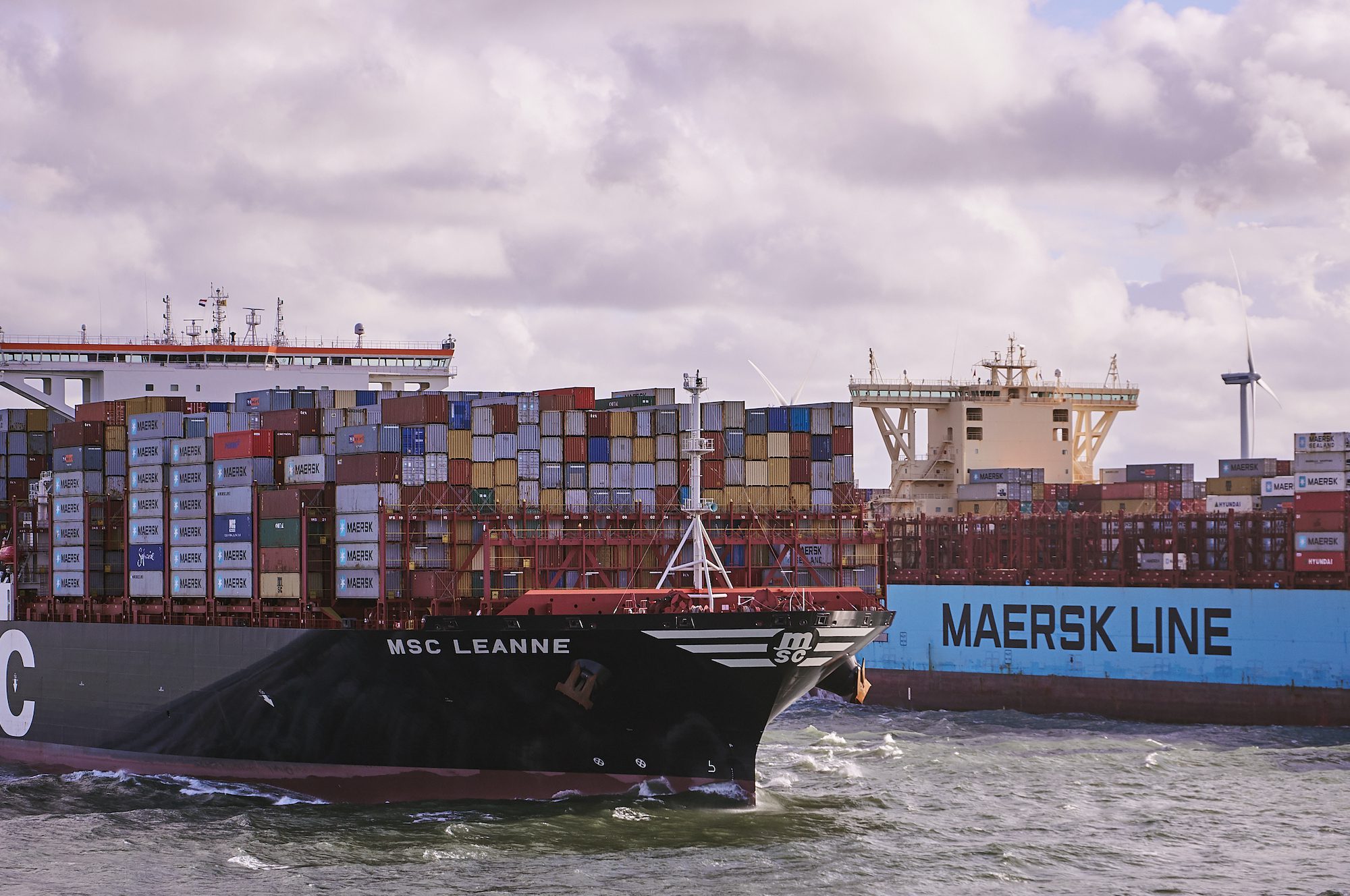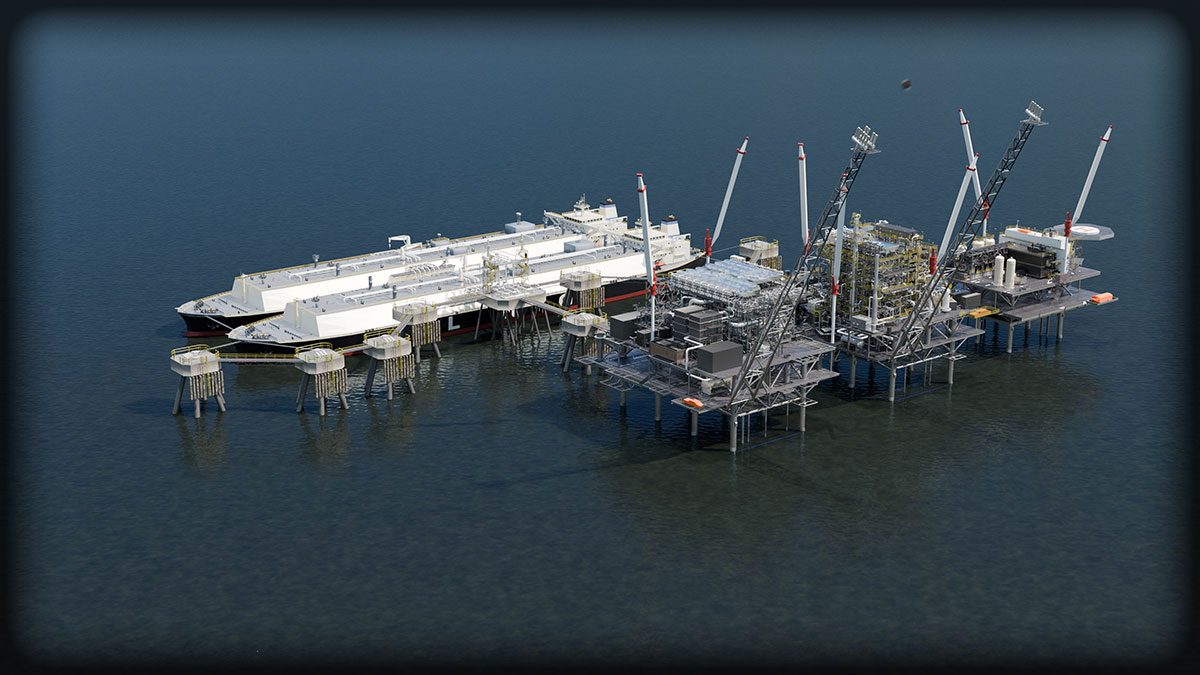By Mike Wackett (The Loadstar) –
Since August 2020, MSC Mediterranean Shipping Company brokers have completed the acquisition of nearly 250 second-hand containerships to usurp 2M partner Maersk as the biggest ocean carrier in capacity terms, suggesting the alliance deal may not be renewed when it expires in April 2024.
According to Alphaliner data, the Geneva-headquartered carrier currently operates 709 vessels, for a capacity of 4.6m teu, compared with Maersk’s 711 ships and 4.3m teu.
However, MSC has a massive orderbook, of 1.75m teu (equivalent to the fleet of fifth-ranked carrier Hapag-Lloyd), while Maersk has just 374,000 teu of capacity on order.
S&P brokers told The Loadstar MSC was by far the “most aggressive” carrier during the peak of the second-hand tonnage boom, with only CMA CGM’s 85 or so acquisitions threatening its monopoly of the buyer’s market.
MSC said its aim was to be less dependent on the charter market for its growth aspirations and, following the vessel acquisitions, its owned tonnage was up to 45% of its fleet – albeit not as high as Maersk’s 60%, or Hapag-Lloyd’s 62%.
Moreover, the range of purchases by the carrier – from ULCVs down to feeder vessels of 2,500 teu and below – supports its strategy of taking control of more of its vessel operations rather than using slot-charter swaps or using commercial feeder operators for hub-and-spoke relays.
Many of MSC’s vessel purchases were made when daily charter hire rates were skyrocketing and owners were trying to lock-in deals at highly elevated rates for minimum two-year periods.
Consequently, the asset values of the ships soared and, although MSC secured second-hand tonnage at the start of its buying spree at bargain rates (before their values caught up with their earnings potential on the charter market), during the peak of the market they were obliged to pay top dollar to secure purchases.
For example, in September last year, MSC paid $68m for the 2005-built 5,042 teu CSL Santa Maria which, according to Vesselsvalue, is now worth just $30m.
And in November 2021, the carrier acquired one of Sea Consortium’s largest ships, the 2014-built 4,896 teu X-Press Jersey for an eyewatering $105m. The feeder specialist had acquired it two years earlier for $27m – and, according to Vesselsvalue, it is now worth $48m.
Nevertheless, the declines all represent paper losses, as MSC is unlikely to sell the ships it acquired during the S&P raids and, furthermore, does not have to answer to public shareholders. But the vast tonnage it acquired during the demand peak will now challenge its vessel management staff as they seek to redeploy surplus tonnage.
Furthermore, the delivery of the vast 1.75 teu of newbuild tonnage over the next few years will surely mean MSC will need to operate on a standalone basis after its 2M agreement with Maersk ends.
Indeed, a carrier contact from another alliance The Loadstar spoke to recently was convinced there would be, as he put it, “another game of musical chairs” among the lines, as the industry returns to a pre-pandemic, unit cost-driven ‘new normal’.
“You are only as good as your last month’s voyage results,” he said, “and VSA partners will all be looking to work with the lines that have less exposure to the downturn,” he added.
The Loadstar is known at the highest levels of logistics and supply chain management as one of the best sources of influential analysis and commentary.

 Join The Club
Join The Club











